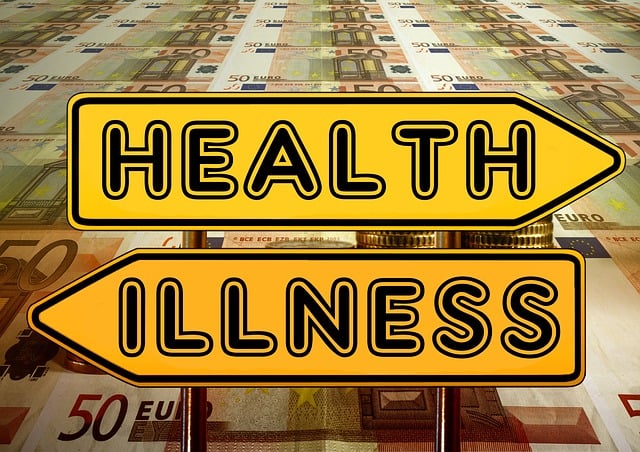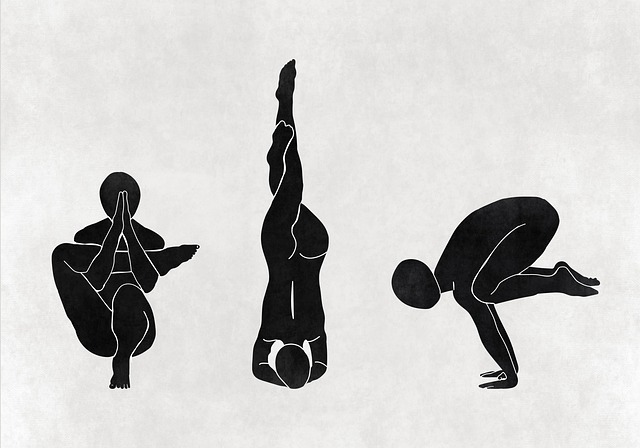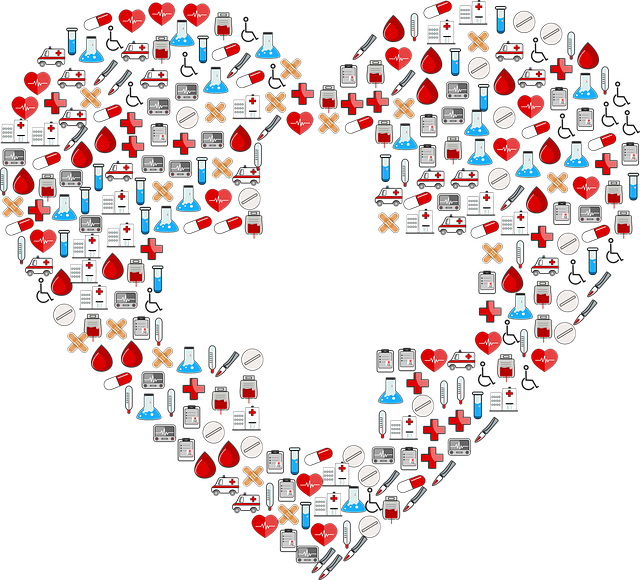In South Africa, Medical Aid provides more comprehensive healthcare coverage compared to Health Insurance. While Health Insurance focuses on specific medical costs like hospital stays and surgeries, Medical Aid includes extensive benefits such as outpatient treatments, preventive care, specialist visits, and mental health support. Medical Aid plans are tailored to individual or family needs, offering peace of mind by covering quality healthcare services without out-of-pocket expenses. Key differences include coverage scope, pre-existing conditions treatment, and the way premiums are structured and utilized.
In South Africa, understanding the distinction between medical aid and health insurance is crucial for navigating healthcare options. While both provide vital coverage, they operate differently. This article simplifies the complexities, offering insights into: Understanding Medical Aid—a comprehensive plan designed for South Africans; Health Insurance—its coverage and benefits for individuals and families; and Key Differences between these two essential options. By exploring these aspects, residents can make informed choices tailored to their needs.
- Understanding Medical Aid: A Comprehensive Plan for South Africans
- Health Insurance: Coverage and Benefits for Individuals and Families
- Key Differences Between Medical Aid and Health Insurance
- Choosing the Right Option: Considerations for South African Residents
Understanding Medical Aid: A Comprehensive Plan for South Africans

In South Africa, Medical Aid is a comprehensive plan designed to cater to the healthcare needs of its members. Unlike health insurance, which typically focuses on covering specific medical expenses like hospital stays and doctor visits, Medical Aid provides a wider range of benefits. This includes not just inpatient care but also outpatient treatments, preventive services, specialist consultations, and even some mental health support.
Medical Aid plans are often tailored to individual or family needs, offering various options in terms of contribution levels and cover types. They promote peace of mind by ensuring that members have access to quality healthcare services without the financial burden of out-of-pocket expenses. When it comes to Medical Aid vs Health Insurance, the former stands out as a more holistic approach to health management for South Africans.
Health Insurance: Coverage and Benefits for Individuals and Families

Health insurance, in contrast to medical aid, is designed to provide financial protection and cover specific health-related expenses for individuals and families. When you have health insurance, you are essentially paying a premium to an insurance company who agrees to pay for your medical treatments and services up to a certain limit or according to the terms outlined in your policy. This can include hospital stays, doctor’s visits, surgeries, and sometimes even prescription medication. The main difference when it comes to Medical Aid Vs Health Insurance is that health insurance is more focused on individual needs and offers broader coverage, while medical aid tends to cater to a specific demographic or employer group.
Health insurance plans can vary in terms of what they cover and the level of benefit provided. Some basic policies may only cover hospital care, while others might include outpatient treatments, preventive care, and even mental health services. The benefits often extend beyond just medical expenses, with some plans offering additional perks like dental coverage, vision care, or wellness programs to promote healthy lifestyles. This flexibility allows individuals and families to choose a policy that best suits their unique healthcare needs and budget.
Key Differences Between Medical Aid and Health Insurance

In South Africa, understanding the distinction between medical aid and health insurance is crucial for navigating one’s healthcare options effectively. While both concepts are related to financial coverage for medical expenses, they operate differently. Medical aid refers to a type of scheme where a person pays regular contributions or premiums to a fund managed by a private company. This fund then provides cover for various medical procedures and treatments, often including hospitalisation, specialist consultations, and chronic conditions management. On the other hand, health insurance is typically provided through government initiatives or private insurers, offering policyholders access to healthcare services with specific benefits and exclusions outlined in the policy document.
A key difference lies in the structure and scope of coverage. Medical aid schemes tend to be more comprehensive, often including a wide range of medical services, while health insurance policies may have stricter criteria and limitations. Additionally, medical aid is usually based on pre-existing conditions, meaning cover for these conditions depends on the specific plan and waiting periods. Health insurance, however, tends to focus more on preventive care and general wellness, with options for in-patient and out-patient treatments as per the policy terms.
Choosing the Right Option: Considerations for South African Residents

When it comes to choosing between medical aid and health insurance in South Africa, understanding the key differences is essential for making an informed decision. Both options offer financial protection against medical expenses, but they function differently. Medical aid schemes are typically administered by private companies and often require members to pay monthly contributions. These contributions cover a percentage of the member’s medical costs, with the scheme arranging healthcare services and facilities. On the other hand, health insurance policies are usually offered through insurers and may be mandatory for some employees as part of their employment benefits. They provide financial compensation or reimbursement for specific medical events or treatments.
South African residents should consider factors like their age, overall health, budget, and preferred level of cover when deciding between these two options. Medical aid often offers a broader range of healthcare services, including preventative care and chronic condition management, while health insurance policies might have more limited coverage. Additionally, medical aid schemes tend to have networks of hospitals and doctors they negotiate with, whereas health insurance plans may provide access to a wider range of service providers.
When navigating the healthcare landscape in South Africa, understanding the distinctions between medical aid and health insurance is crucial. While both offer financial protection against medical expenses, they operate differently. Medical aid is typically a long-term savings plan with tax benefits, focusing on comprehensive healthcare coverage for its members. Health insurance, on the other hand, provides short-term, flexible cover, often catering to specific needs like hospitalisation or chronic conditions. Choosing between them depends on individual preferences and circumstances, balancing cost, flexibility, and the level of care required. Knowing the differences ensures South Africans can make informed decisions regarding their healthcare security.

